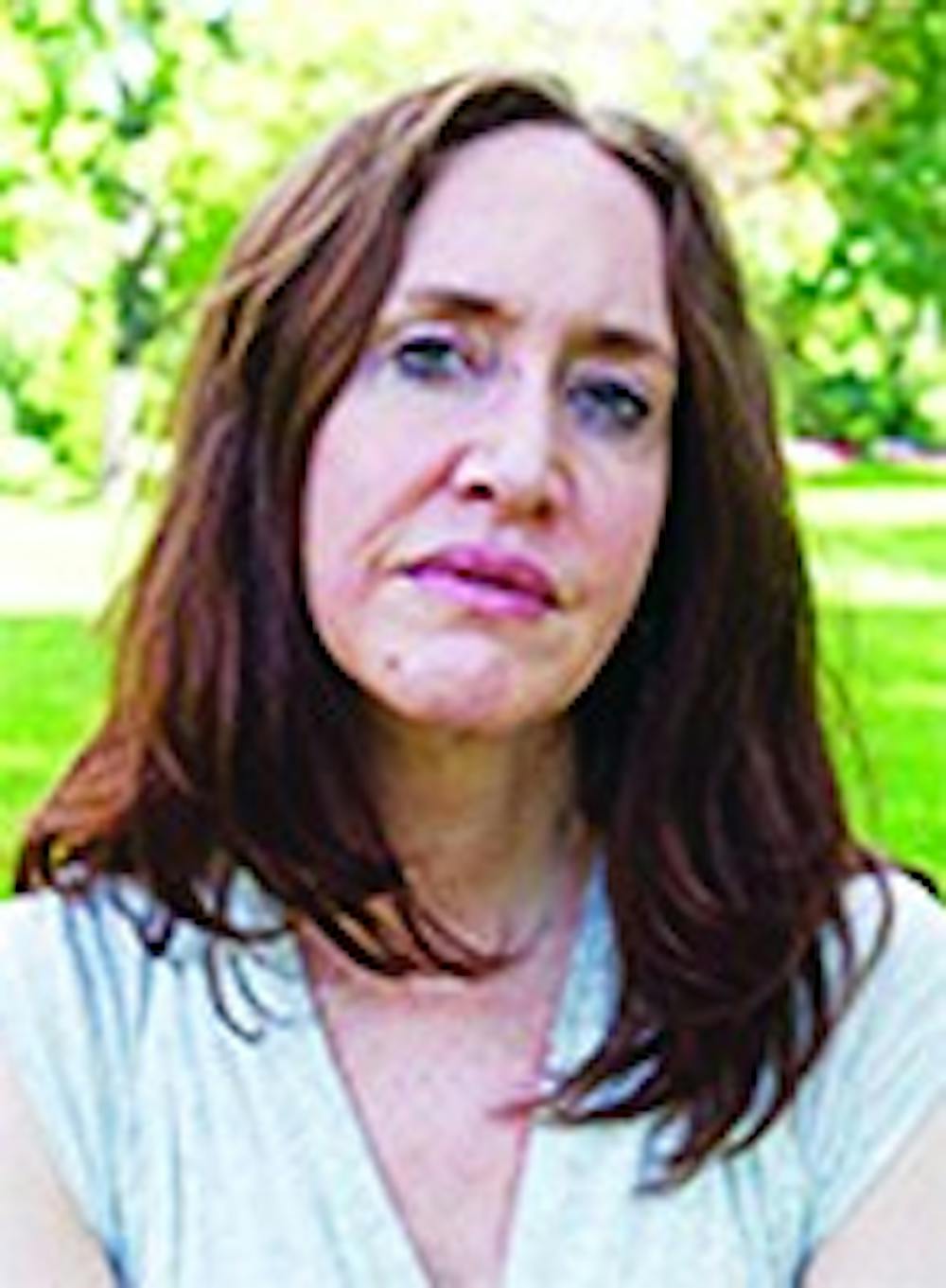Cornell University professor Cynthia Robinson is an expert in the history of the Islamic palaces of Grenada, Spain and their links to Sufism through poetry. Held by the program in medieval and early modern studies among others, Robinson will speak today at 6:15 p.m. in Hamilton Hall.
Staff Writer Katie Hjerpe about her interest in medieval architecture and poetry.
DAILY TAR HEEL: What initially got you interested in medieval architecture?
CYNTHIA ROBINSON: I was born in Tennessee and we don’t have a Middle Ages obviously in the U.S., but I was always fascinated with it. When I was an undergrad, I was going to be a painting major, but William & Mary didn’t have a great studio art department. With any fine arts major you’re going to have to take art history. I was taking an intro course and it happened that the medievalist was the one teaching it. She was fascinating, and I was hooked.
DTH: What has you so interested in medieval Spain?
CR: Probably because (Spanish) was the first foreign language I learned. I am pretty much bilingual in Spanish and English. When I go to Spain I pretty much go native.
I like all aspects of the culture. I don’t just go there and sit in the library — I go to the cinema, I eat the food, I really experience the culture in a lot of different ways other than going there to do my research and get the hell out.
DTH: How did Islamic architecture fit in with that interest?
CR: If you’re interested in medieval Spain, you need to take an Arabic course. Additionally, another big love of mine is writing fiction, I have the literary angle. I’ve always had that. It was very natural to me to gravitate towards looking at art, especially in the context of these medieval Islamic palaces. Poetic composition and recitation was such an important part of what they were doing in there anyway that it makes total sense that the visual environment would be impacted by the way they experienced poetry.



